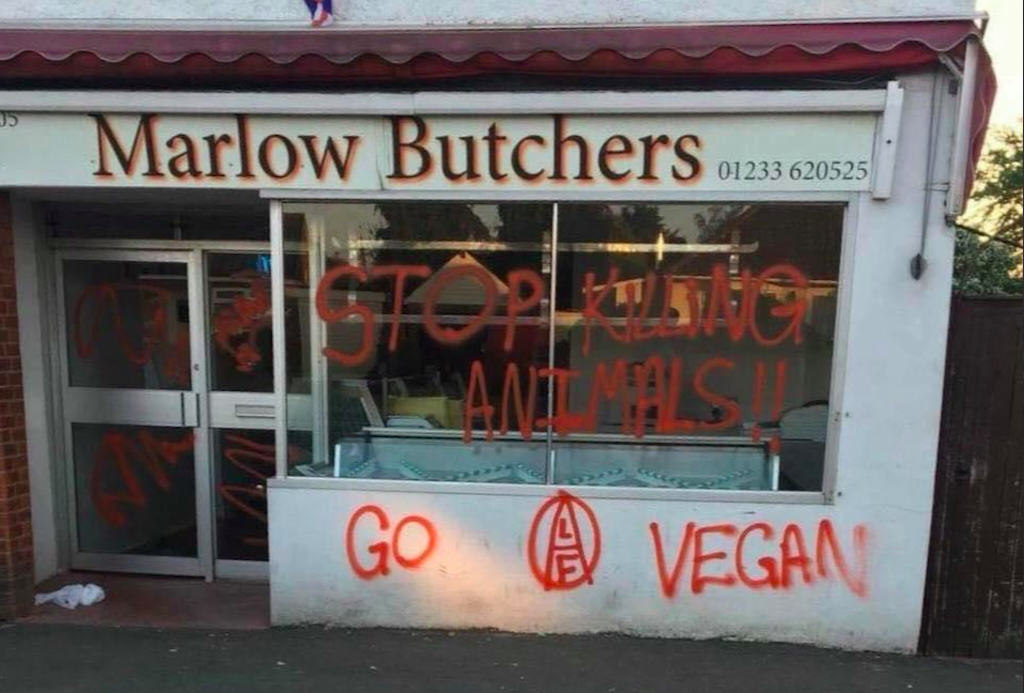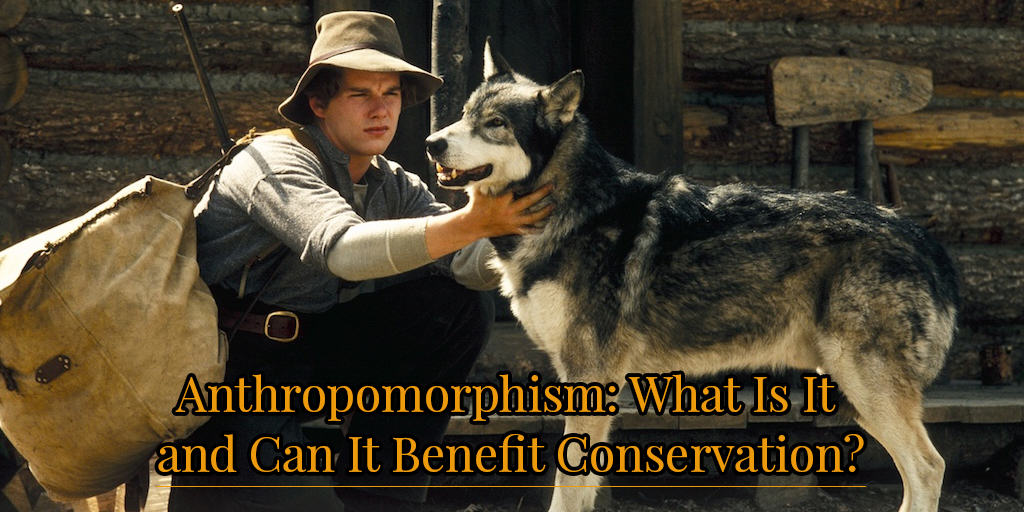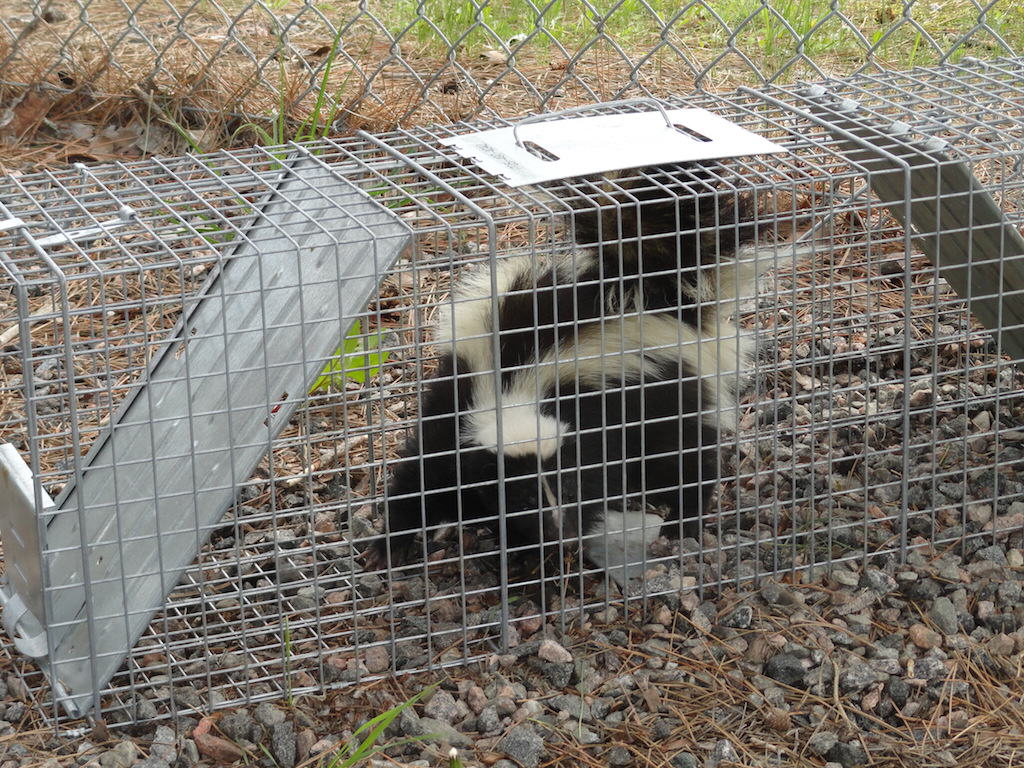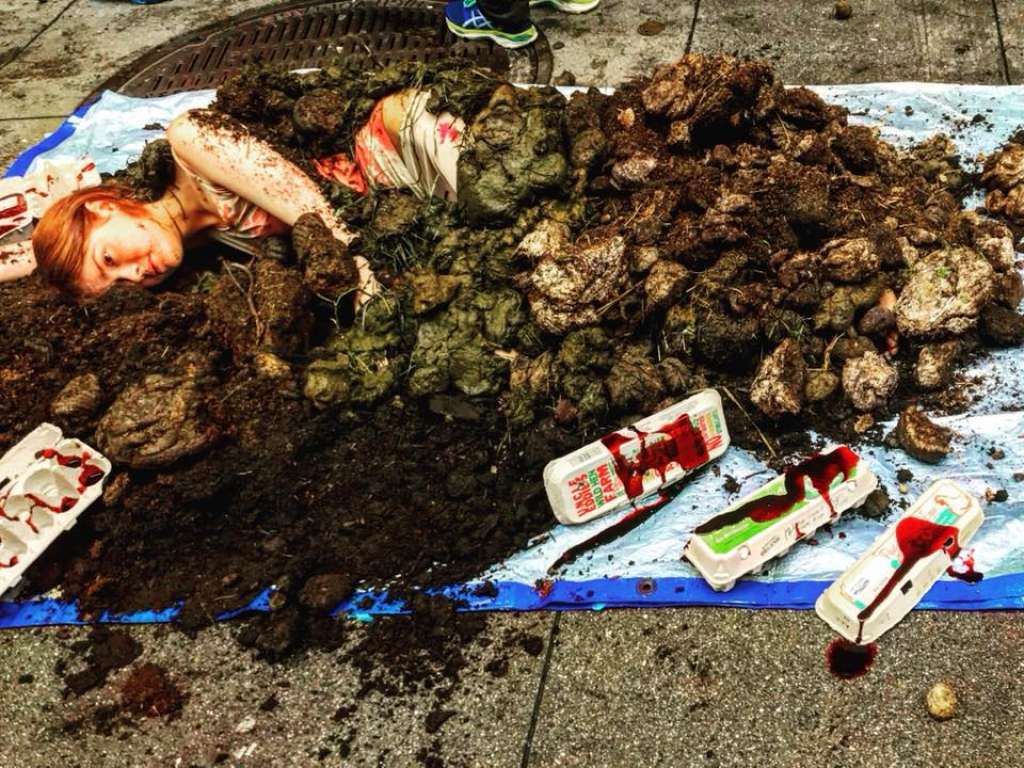
June saw fur very much on the agenda in the UK, where the government was obliged to debate a proposal to ban all fur imports on leaving the EU next year, after receiving a petition with 425,000 signatures. The opposition Labour Party vowed to pass such a ban if given the chance, while its members vied for the headlines with celebrities like Brian May, Judi Dench, Ricky Gervais and Andy Murray. One Labour MP even likened wearing fur to wearing a swastika.
But while anti-fur tirades dominated column inches and air time, the media didn’t just roll over. The BBC took a sympathetic look at mink farming in Denmark, and raised the issue now on everyone’s mind of our excessive use of plastic, including fake fur. Even the tabloids are condemning fake fur, with the Daily Mail stating, “‘Animal-friendly’ fashion alternatives could do more harm to the environment than fur and leather-based clothing.” (In fairness, though, the Mail is happy to bash anything, including real fur.)
As anticipated, the Conservative government said it has no plans to ban fur imports, but the future is far from secure if Labour wins the next general election, scheduled for 2022.
Food Fascism

In other European news, vegan terrorists are now picking on family butchers. We reported in May how a butcher in England had its windows daubed with paint and got death threats all the way from Australia. Now French butchers are so sick of vegans that they’re demanding government protection. Targeting butchers is not just a European thing, though, as this Berkeley, California butcher found out last year.
And on the subject of food fascism, a food lawyer (yes, such a job exists!) says we should follow California’s foie gras ban closely. The Supreme Court, no less, has been asked to hear an appeal from producers about a circuit court ruling reinstating the ban. “This is a court case about much more than foie gras,” Baylen Linnekin told the Orange County Register. “It concerns the future of beef, poultry, pork, and other foods eaten by nearly every American.”
Tough Questions

When animal users are not countering ignorant and often untruthful attacks from animal rightists, we’re searching for answers to tough questions. When it comes to knowing your opponent, here’s a thought-provoking piece in The New Republic entitled “The truth about the ‘vegan lobby’.” “It has long been demonized by conservatives – and even some vegans themselves – but does it really exist?” asks Emily Atkin.
Truth About Fur’s senior researcher Alan Herscovici examined “The truth about ‘fur free’ designer brands”. Have they really developed a dislike for fur, or are there other forces at work?
Also on our blog, conservationist and environmental social scientist Paul McCarney asked the tough question of whether anthropomorphism is good or bad for conservation. And on a related note, Roy Graber at WATTAgNet says farmers et al. should “Stop saying animals are our friends.” “Often when the food and agriculture industry depicts overly happy visions of livestock and poultry, it reinforces unrealistic expectations,” he writes.
Meanwhile, it’s easy for animal users who produce food and clothing to forget that medical researchers have been under attack for decades and the problem shows no signs of abating. The Daily Bruin published a series of responses by researchers to activists, defending the use of animals in studies. Said one, “It is difficult to have a conversation with people who believe that human and animal lives should be weighed equally.”
If you ever have to argue why we don’t need to treat animals quite as well as humans and you’re not sure what to say, Juan Carlos Marvizon, Ph.D. provides this scientific explanation in Speaking of Research.
Trapping News

Ontarians have been hogging the trapping headlines of late, in a nice way.
On Truth About Fur’s blog, Ontario trapper Jim Gibb described how to stay busy with wild fur prices so depressed, in “Skunk under your deck? Call a certified trapper”.
“Irrepressible” Ontario trapper and designer Katie Ball was interviewed by the International Fur Federation. She’s a busy beaver with a résumé that includes the Northwestern Fur Trappers Association, the Ontario Fur Managers Federation, and the Northwestern Ontario Sportsmen’s Alliance. On top of all that, she runs a fur design and manufacturing business, Silver Cedar Studio.
And if you want to trap in Ontario but come from out-of-state – or in this case a whole different country – be sure to follow local regulations. These Minnesota trappers were fined $6,000 for trapping violations in Ontario.
In other trapping news, the Northwest Territories are having trouble with too many beavers, so the government has raised the bounty from $50 last year to $100. The offer ended June 10, so plan for 2019. This is called a marketing incentive, not a cull, and trappers must show evidence that the meat or pelt are being used.
Payback
It’s unfortunate, of course, that so many animal activists now behave so badly, but the “good” news is that law enforcement and society at large are not giving them a free ride.
In Utah, activists have been charged by the FBI for stealing piglets from a farm. This activist has been charged with breaking into five Ontario mink farms. And in Australia, these ones have been charged with animal cruelty for allegedly injuring and killing several hens after a break-in.
In Florida, an angry sheriff brought attention to the old problem of activists releasing undercover videos of alleged animal cruelty to the media rather than to law enforcement, in this case enabling the perpetrators to flee the state. As always we ask ourselves, do they really want to protect animals or simply grab media attention?

Last but not least, it’s tempting to laugh at the fate of these Direct Action Everywhere protesters who crashed a BBQ challenge in San Francisco, only to be booed, heckled and taunted with meat by the participants. What did they expect? And if you think that’s nuts, check out the video of the lady protesting “cruel” conditions on chicken farms by lying in a pile of poop – in California, of course!











It’s not really a secret that Britain has been going full retard on several fronts for a while now.
California still leads the way though 🙂